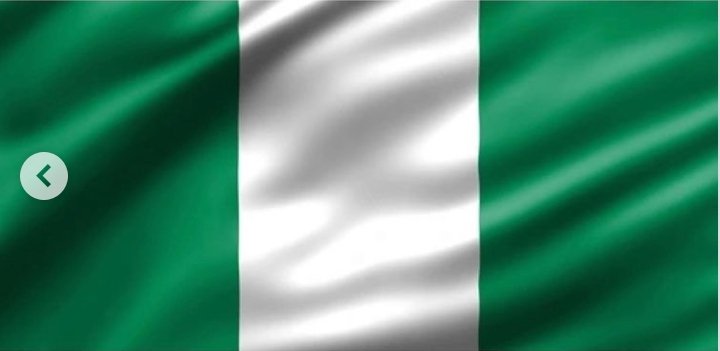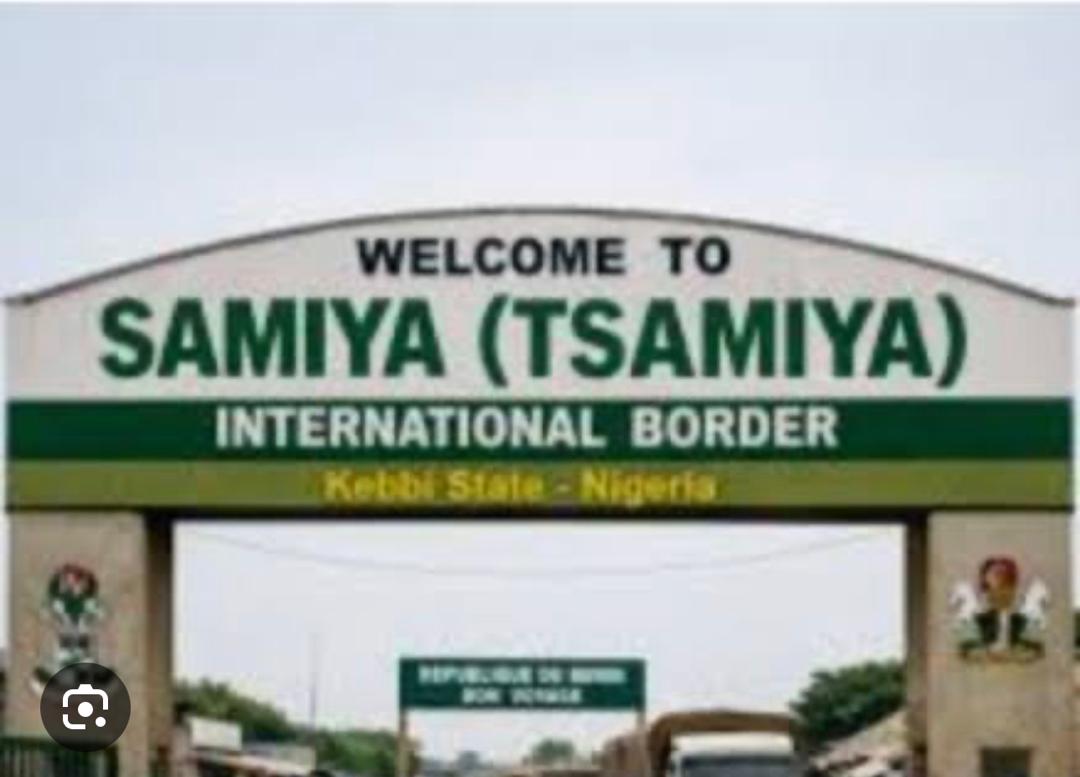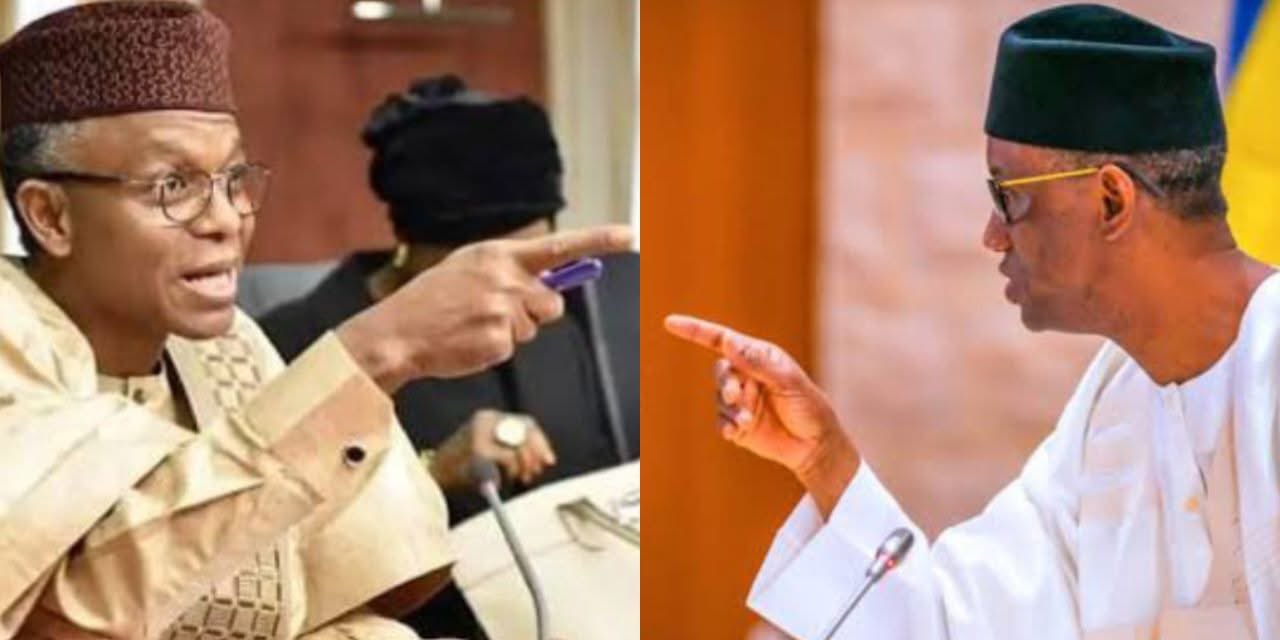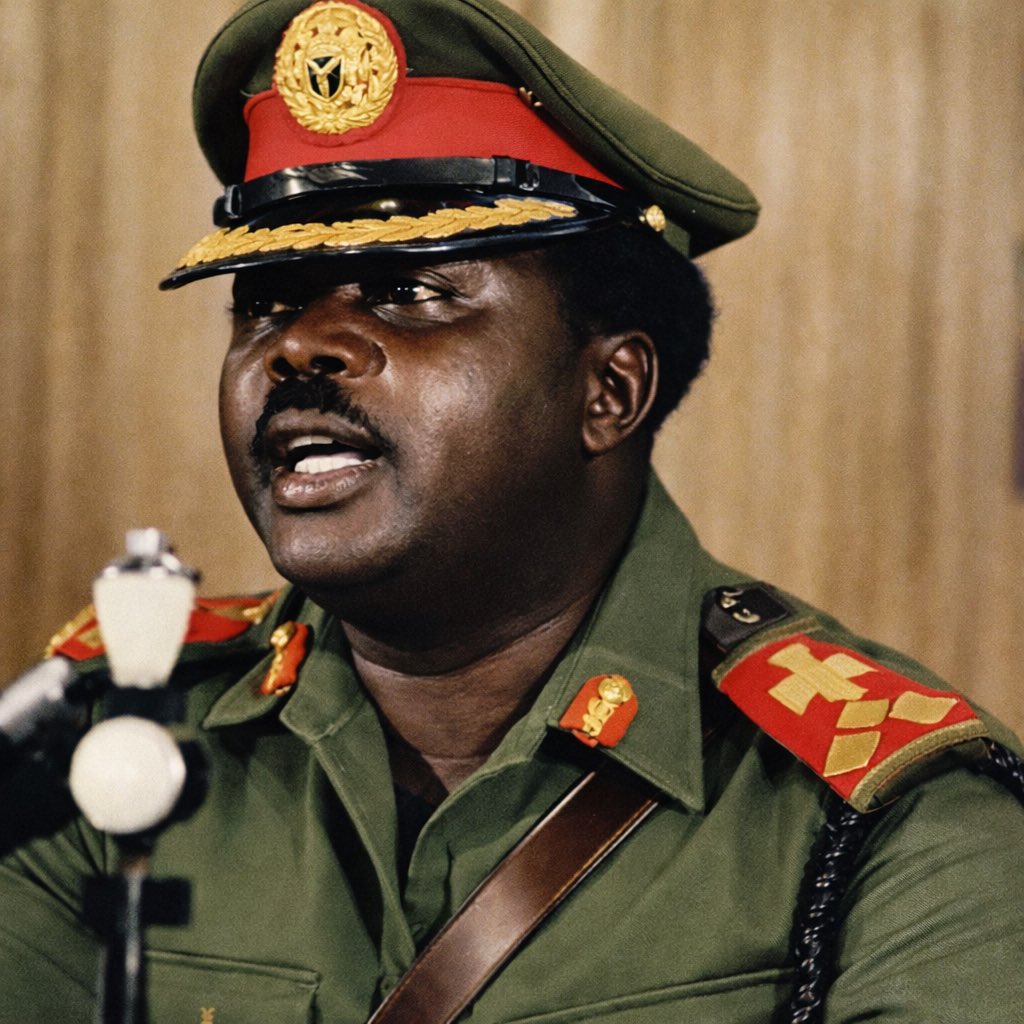National Prosperity Is A Collective Obligation: The Power of Social Inclusion In Governance and Policy
BY FEMI ONAKANREN

Nigerians seem to have always had a tenuous relationship with the government of the country. The discontent has increased over the course of the last 24 years of the 4th Republic.
This predisposition appears to be Post Traumatic Stress Disorder (PTSD) from the many years of military rule. Recall that 1999-2023 is the longest spell the country has ever had a sustained democracy.
In the 39 years prior, post independence, the country has been under civilian rule for a combined for about 8 years combined over 1st, 2nd, and 3rd republics. If we add the first 3 post-independence years, that’s a little over 11 years combined.
This means that more than a third of the collective experiences of a couple of generations of the nation’s citizens are more familiar with military rule than a democracy.
Thus, generations of Nigerians who grew up during this period, who came into adulthood, who married and had families of their own, lived under a jaded and jaundiced perception of public administration and governance.
Also, it is not far-fetched to assume these generations would naturally bequeath their biases and trauma to subsequent generations.
The regular regressions to military rule had subconsciously formed a mistrust of the sustainability of democratic governance before it would be scuttled by another round of military rule.
In a macabre manifestation of Stockholm Syndrome, we seem more comfortable with authoritarianism, governance by fiat, repression of rights, disregard for the rule of law, and above all else, a deep distrust of any administration that isn’t wielding the stick.
In fact, much like sado-masochists, we crave the familiarity and comfort of this absurdity of outdated administrative style.
The sad part is that these successive military regimes always come with the same spin of, “fighting for the common man, taking the country back to give the people, being upset at corruption, nepotism, discrimination, etc.
Thus, since 1999, we have been suspicious of this current attempt at democratic rule. Many times, we have practically tried to force the hand of the military to intervene again!
We are so unused to liberty and freedom in any shade that we have chosen to abuse them at every opportunity with our nationally patented ‘anyhow-ism’.
Civilian public officials see themselves as military men in agbada (and some truly were) with every shade of impunity, high handedness, disregard, for accountability and the worship of money and power taken as the norm.
Mistrust of the sustainability of this incarnation of democracy in our country meant it became a dog eat dog world; a case of get all you can, can all you get, and put it in your safe place!
Public service, which had been the aspired to model, was regarded with disdain. Many cursed parents and siblings who were ‘holier-than-thou’ when they had opportunities in public administration.
The new poor sods in order to avoid similar curses resorted to wanton corruption at any level in testamemt to the Yoruba adage that nkan ti eiye ba je ni eiye ma gbe fo (what the bird has in its belly is what it will take along in-flight)
So, here we are. A country of immense potential but a traumatic formative development years. This made it quite easy for charlatans, under the guise of activists and freedom fighters, to deceive many and exploit their fears and biases.
24 years after May 29, 1999, we still find ourselves in the throes of the same PTSD.
There is no bigger reflection of this fact than the immediate challenges faced by this barely 2 months old administration.
For years, we have lamented avenues for corruption and graft like fuel subsidy, multiple FX rates, borrowing to sustain our consumption, etc. However, immediately attempts were made to right-size and plug the leakages, we were up in arms complaining as if our lives were better before!
The straw that broke the camel’s back was the reaction to the government’s efforts to provide palliative measures to ease the current economic discomfort.
Despite a wide array of progressive action points announced, we made a lot more noise on a stop-gap solution to help the most underprivileged in the society.
There was practically zero coverage and recognition of tax holidays extended for varying periods of months, the declaration of a state of emergency on food with farmers and the agricultural sector getting massive support and subventions.
There was widespread silence on support schemes for MSMEs, promotion of tech hubs, increased dedication to local content, tax reforms, etc. All we heard was N8,000 for 12 million over 6 months.
In fairness, our collective mistrust of the system is quite deep. However, if we are to make any progress, we will need to escape the lingering shadows of our troubled past.
One critical way to achieve this is by deliberately and concertedly building the cracked walls of trust and nationhood.
In this writer’s opinion, the government needs to bridge the communication gap by increasing public inclusion in the governance process.
Trust is built over time. To imagine the people, who have been let down severally would suddenly believe a new administration implicitly is a demonstration of self-deception.
Government agencies like NOA and the Ministry of Information need to up their game. Special Advisers to the government in communication and information management need to evolve beyond the pedestrian.
This is important at this point in our democracy as the baying dogs of destruction will rather see us all drown in misery than embrace progressive thinking.
If the country and this administration are to move forward, there must be a clinical psychology approach to governance based on systematic engagement.
The military were able to keep people under control because the controlled communication and ruled with fear. This iteration of democracy must seek to control the narrative and govern with inclusion.
I am reminded of a couple of Yoruba proverbs, “Agabjo owo ni a ma fi’n San aya”, “enikan ki’i je awade”, “irorun Igi ni irorun eiye”, etc. It is time to take control of our country and the way to achieve it is the recognition and acceptance that this is our country.












